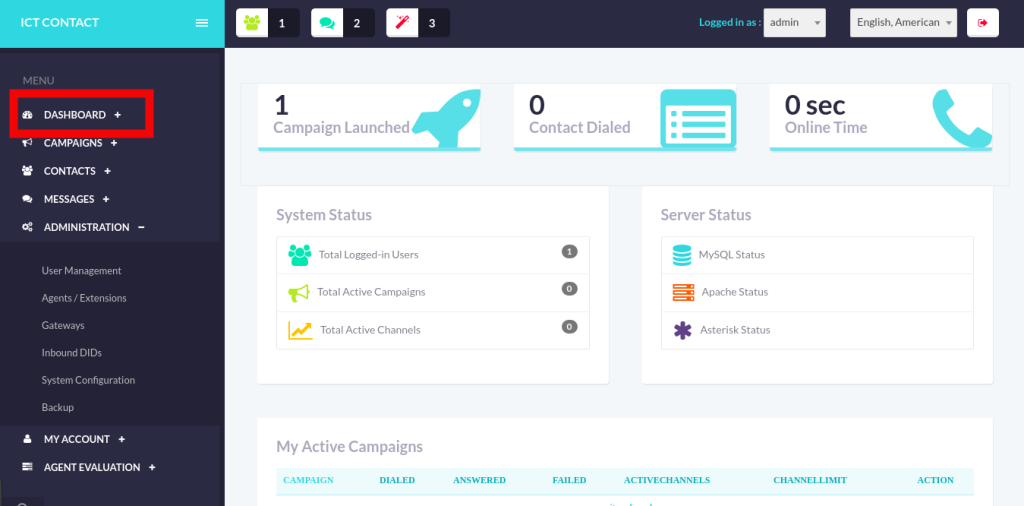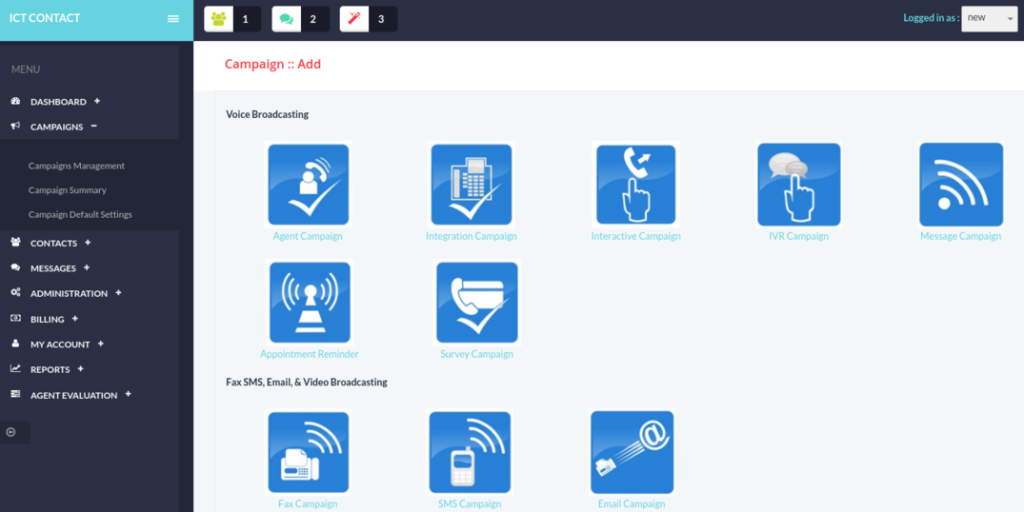in today’s fiercely competitive business environment, organizations are constantly seeking ways to set themselves apart from their competitors. One key avenue to achieve this distinction is by elevating the quality of customer service. Exceptional customer service involves not only building robust customer relationships but also ensuring consistently positive customer experiences.
In the pursuit of outstanding customer service, the utilization of modern call center software proves to be exceedingly effective. This software solution equips businesses with a wide array of tools designed for the efficient management of their call center operations. Leveraging these tools empowers businesses to not only enhance their customer service but also to boost sales and optimize overall operational efficiency.

I. Streamlined Call Routing and Management:
Streamlined call routing and management is the process of directing incoming calls to the appropriate agents or departments in the most efficient and effective manner possible. This can be done through a variety of methods, including:
Automatic call distribution (ACD):
ACD is a system that automatically routes calls to available agents based on predetermined criteria, such as the caller’s department or the nature of their inquiry.
IVR (interactive voice response):
IVR is a system that allows callers to interact with a computer system to self-service their needs, such as making appointments or checking account balances.
Chatbots:
Chatbots are computer programs that can simulate conversation with humans, and can be used to answer customer questions or provide support.
Streamlined call routing and management can help businesses to improve customer satisfaction, increase productivity, and reduce costs. By ensuring that calls are routed to the appropriate agents quickly and efficiently, businesses can reduce wait times, improve customer satisfaction, and free up agents to focus on more complex tasks. Additionally, streamlined call routing and management can help businesses to reduce costs by eliminating the need for manual call distribution.
II. Comprehensive Customer Information and Integration
The integration of modern call center software with diverse customer relationship management (CRM) systems and databases stands as a significant attribute. This integration facilitates agents in accessing real-time, comprehensive customer information, thereby empowering them to offer personalized and contextually relevant support. With a holistic view of customer history, previous interactions, and preferences, agents can deliver tailored and efficient service, minimizing the necessity for customers to reiterate information and ultimately enhancing overall satisfaction levels.

III. Omnichannel Communication
In the digital era, customers anticipate smooth interactions across numerous channels such as voice calls, emails, web chats, social media, and SMS. Modern call center software caters to omnichannel communication, enabling agents to manage inquiries and offer support through multiple channels within a unified interface. This consolidation streamlines agent workflows, minimizes the necessity to switch between various applications, and ensures consistent service across all communication channels. Additionally, agents can seamlessly transition between channels during interactions, delivering a personalized and uninterrupted experience to customers.
IV. Advanced Reporting and Analytics
Productivity improvement requires data-driven decision-making. Modern call center software provides comprehensive reporting and analytics capabilities, offering valuable insights into call center performance and customer behavior. Managers can monitor key performance indicators (KPIs) such as average call duration, call abandonment rates, and agent availability, enabling them to identify bottlenecks, allocate resources effectively, and optimize operational efficiency. Furthermore, detailed analytics can uncover customer trends and patterns, helping call centers proactively address common issues, enhance training programs, and identify upselling or cross-selling opportunities.
V. Automation and Self-Service Options
Automation plays a significant role in boosting call center productivity. Modern call center software incorporates intelligent automation features such as interactive voice response (IVR) systems, chatbots, and self-service options. These technologies allow customers to resolve simple queries or perform routine tasks without agent assistance, freeing up agents to focus on more complex and critical customer issues. By automating repetitive tasks, call centers can handle a higher volume of calls and achieve faster response times, resulting in increased customer satisfaction and agent productivity.
VI. Real-Time Monitoring and Coaching
Supervisors and managers can monitor agent performance in real-time using modern call center software. They can listen to live calls, view agent screens, and provide immediate feedback or assistance when required. This real-time monitoring enables managers to identify training needs, optimize call scripts, and implement performance improvement strategies promptly. Additionally, coaching tools integrated into the software allow managers to provide ongoing training and support, enhancing agent skills and knowledge, ultimately resulting in improved productivity.
VII. Scalability and Flexibility
Modern call center software offers scalability and flexibility to meet the changing needs of businesses. As call volumes fluctuate, call centers can easily scale up or down the number of agents and resources required. Cloud-based solutions, in particular, provide on-demand scalability, enabling call centers to quickly adapt to peak periods or business expansions without the need for additional infrastructure. This scalability ensures optimal resource allocation and cost-effectiveness while maintaining high levels of productivity.
Conclusion:
In the rapidly evolving call center industry, modern call center software plays a crucial role in enhancing productivity and delivering exceptional customer experiences. By streamlining call routing, integrating customer information, supporting omnichannel communication, providing advanced reporting and analytics, enabling automation and self-service options, facilitating real-time monitoring and coaching, and offering scalability and flexibility, modern call center software empowers call centers to achieve higher efficiency, improve customer satisfaction, and drive business growth. Embracing these technological advancements can revolutionize call center operations and position businesses for success in the modern customer service landscape.
Leveraging Open Source in ICT
